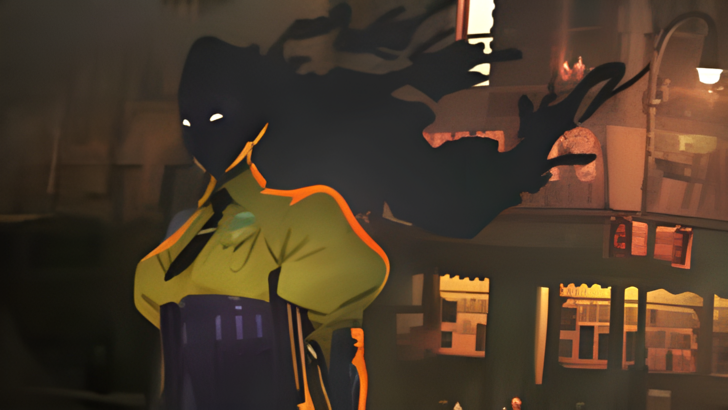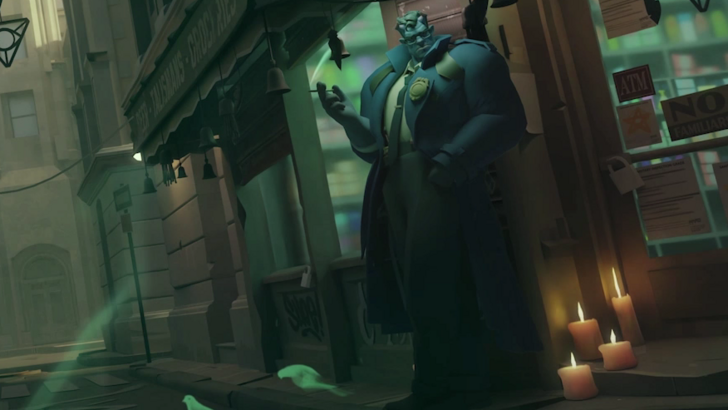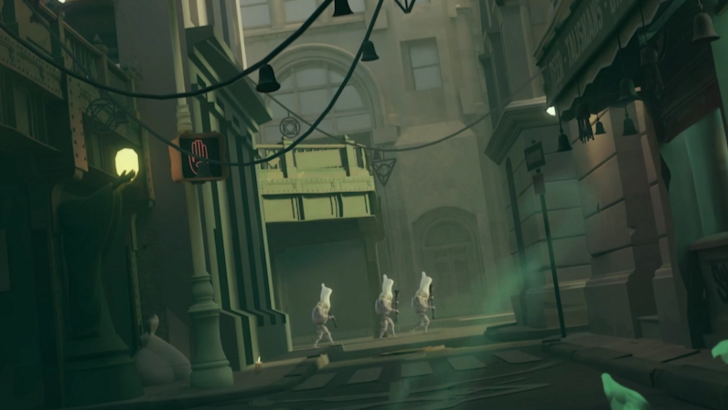Valve's Mysterious MOBA Shooter, Deadlock, Emerges from the Shadows on Steam

After a period of intense secrecy, Valve's highly anticipated MOBA shooter, Deadlock, finally has a Steam page. This article delves into the newly revealed details, including the recent beta surge, gameplay mechanics, and the controversy surrounding Valve's apparent disregard for its own Steam store guidelines.
Valve Breaks the Silence on Deadlock

The gaming world is abuzz with the official announcement of Deadlock. Valve's long-awaited MOBA shooter has officially launched its Steam store page, confirming its existence after weeks of speculation and leaks. The closed beta recently reached a staggering 89,203 concurrent players, more than doubling its previous peak. This marks a significant shift in Valve's approach, as the company has lifted restrictions on public discussion of the game, allowing streaming and community engagement. However, it remains invite-only and in early access, with placeholder art and experimental features.
Deadlock: A Unique MOBA/Shooter Hybrid

Deadlock blends MOBA and shooter elements into a fast-paced 6v6 experience, reminiscent of Overwatch. Teams battle for control, pushing through lanes while managing squads of AI-controlled units. The constant respawning of these units, combined with wave-based combat and strategic hero abilities, creates dynamic and intense matches. Players must juggle direct combat with commanding their troops, utilizing movement options like sliding and zip-lining to navigate the map. The game features a roster of 20 unique heroes, each with distinct abilities and playstyles, promoting diverse team compositions and strategic depth.
Valve's Steam Store Standards Under Scrutiny

Interestingly, Deadlock's Steam page deviates from Valve's own store guidelines. While the platform typically requires at least five screenshots, Deadlock currently only features a single teaser video. This has drawn criticism, with some arguing that Valve, as a Steamworks partner, should uphold the same standards it sets for other developers. This isn't the first time Valve's practices have been questioned regarding Steam store policies. The inconsistency has prompted discussion about fairness and the potential for preferential treatment. However, Valve's dual role as both developer and platform owner complicates the issue, making traditional enforcement mechanisms less straightforward. The future handling of this discrepancy remains to be seen.














